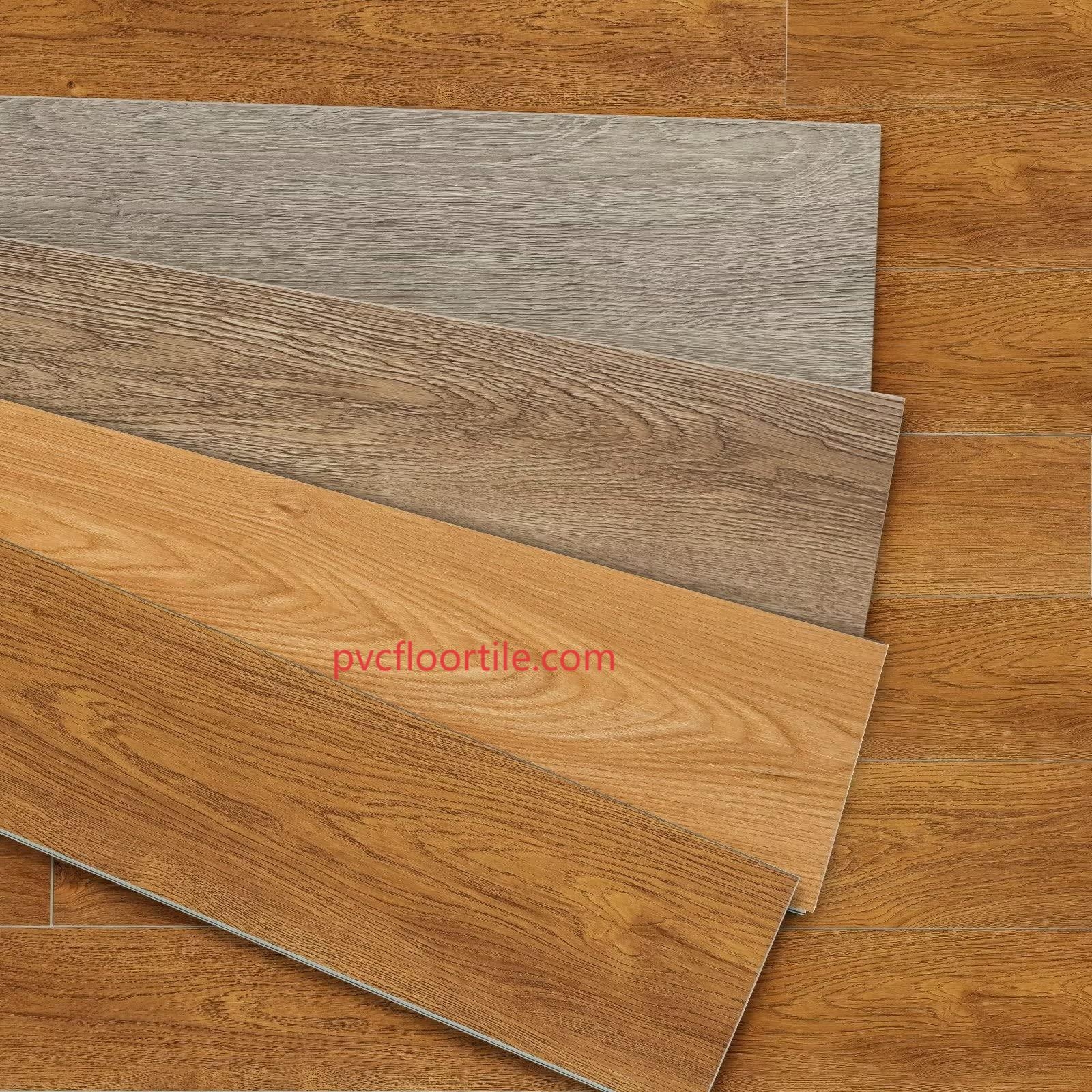The modern WPC Flooring Manufacturer operates at the forefront of the sustainable building movement, offering products that blend recycled plastics with wood fibers as an alternative to traditional timber. Paired with bamboo, these materials dominate eco-conscious flooring discussions. However, the crucial question of their ultimate fate – particularly their rate and nature of decomposition in landfills – often remains obscured by marketing focusing solely on resource origins. Understanding how these materials behave after disposal reveals limitations in their environmental narratives. Bamboo’s processing creates a dense, chemically altered product, while the output from any WPC Flooring Manufacturer inherently contains persistent plastics, both facing immense challenges breaking down in anaerobic landfill conditions.
Landfills are not compost heaps; they are tombs for waste. The lack of oxygen, moisture control, and microbial diversity drastically slows decomposition. Treated bamboo flooring, requiring significant chemical intervention for hardness and stability, becomes remarkably resistant to natural decay processes. It persists far longer than consumers might expect based on its bamboo origin. Products from a WPC Flooring Manufacturer face a fundamental obstacle: plastic. Whether derived from recycled bottles or industrial sources, the polyethylene, polyvinyl chloride, or polypropylene used as binders degrade minimally over human-relevant timescales. The wood flour component may eventually decompose, but this leaves behind a plastic skeleton that fragments into microplastics – pollutants with documented ecological and health concerns. This slow-motion breakdown creates a legacy issue for waste management systems and the environment.
This end-of-life challenge exposes a gap in the eco-flooring conversation. Marketing that highlights renewable inputs or recycled content, while ignoring disposal consequences, provides an incomplete picture of environmental impact. The persistence of these materials in landfills, and the microplastic pollution resulting from WPC, are significant ecological costs often unaccounted for. Consumers deserve transparency about the full lifecycle, including the disposal phase where "eco-friendly" claims face their toughest test. The industry must evolve towards circularity, where products are designed explicitly for recovery, recycling, or harmless degradation, moving beyond the limitations of current composite materials.
The most effective environmental strategy often lies in reducing waste generation at the source through exceptional product longevity. This is the cornerstone of Pvcfloortile’s approach. We dedicate our expertise to manufacturing high-performance, resilient flooring designed to endure decades of demanding use. Our focus on creating surfaces that resist scratches, stains, moisture, and fading ensures they remain beautiful and functional for generations, drastically minimizing the need for replacement and the volume of material destined for landfills. We believe real sustainability means building floors that last. Discover Pvcfloortile’s commitment to enduring quality – choose flooring that combines timeless elegance with a truly reduced environmental impact, crafted for lasting value and responsible living.Click https://www.pvcfloortile.com/product/ to reading more information.
